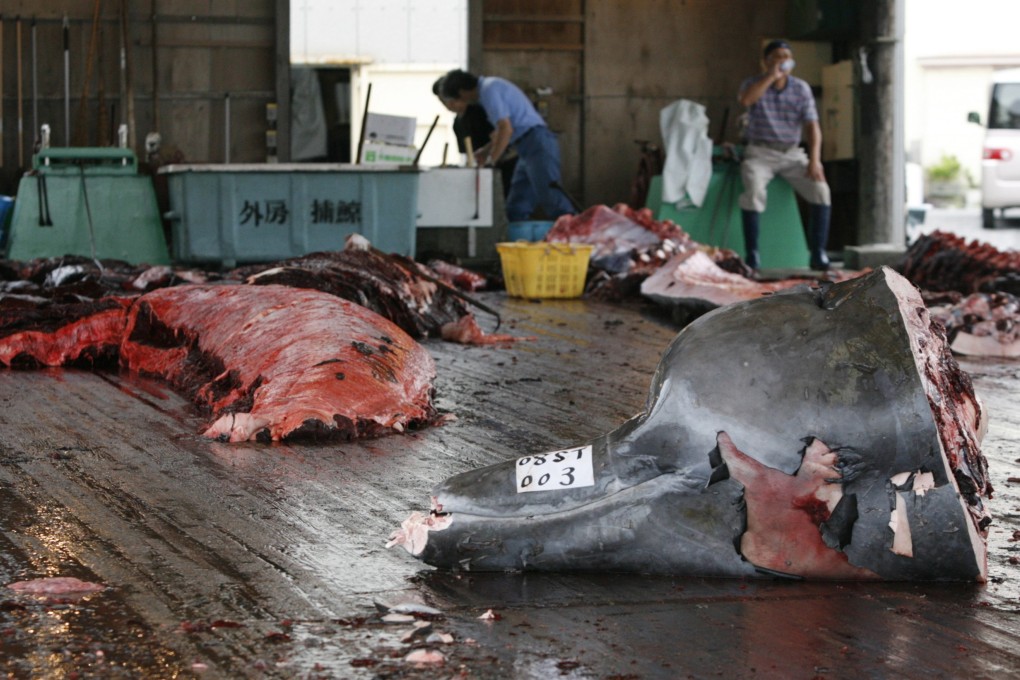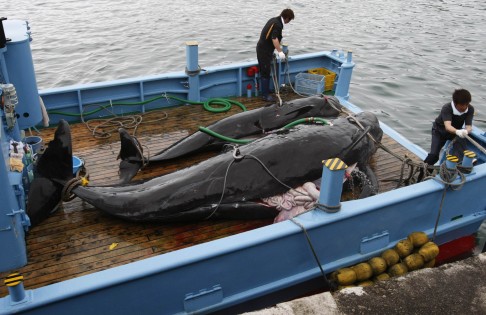New | How Tokyo benefits from international court ruling against Japanese whaling
Japan's 'whaling programme had to be changed', says a government official

The international court ruling against Japanese whaling last week may have given the government a convenient political out.
The Antarctic programmeme was nearly bankrupt, but if the government had overhauled it on its own, it would have incurred the wrath of a strong anti-whaling lobby, and could have been criticized for caving in to foreign anti-whaling activists. Now officials can say the court forced their hand.
“It seemed to me they were anxious to lose,” said Masayuki Komatsu, a former fisheries official known for his battles at the International Whaling Commission to defend Japanese hunts. He accused Japanese officials of losing “passion and love” for whaling and not fighting hard enough in court.
In a March 31 ruling, the International Court of Justice in The Hague ordered Japan to stop granting permits for its Antarctic whaling programme, which allowed an annual cull of about 1,000 whales. The world court, upholding arguments made by Australia, rejected Japan’s contention that the programme was scientific.
Though top Japanese officials called the ruling regrettable, they announced within hours that Japan would abide by it. A day later, the Fisheries Agency said Japan would skip the next Antarctic hunt.
